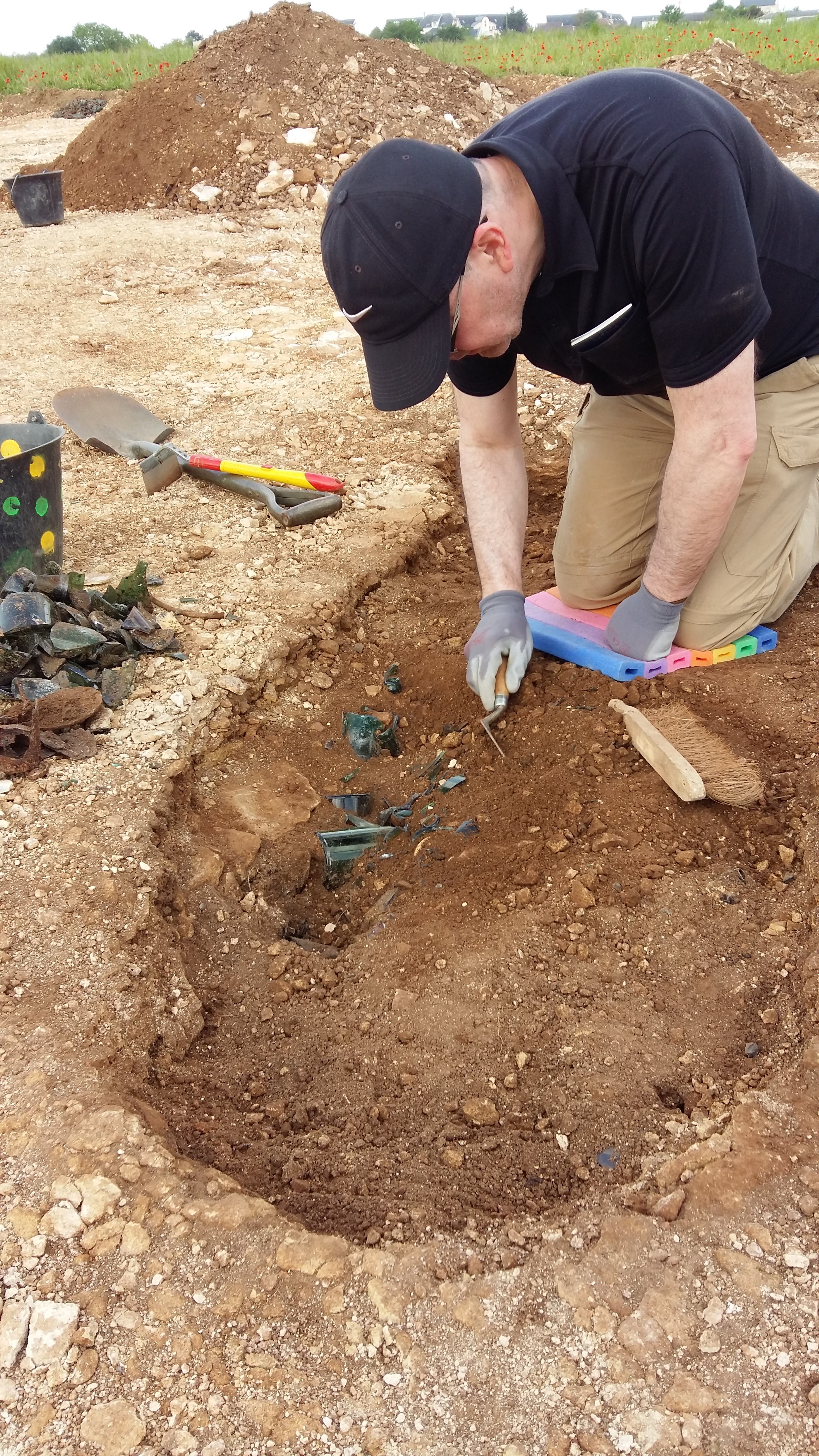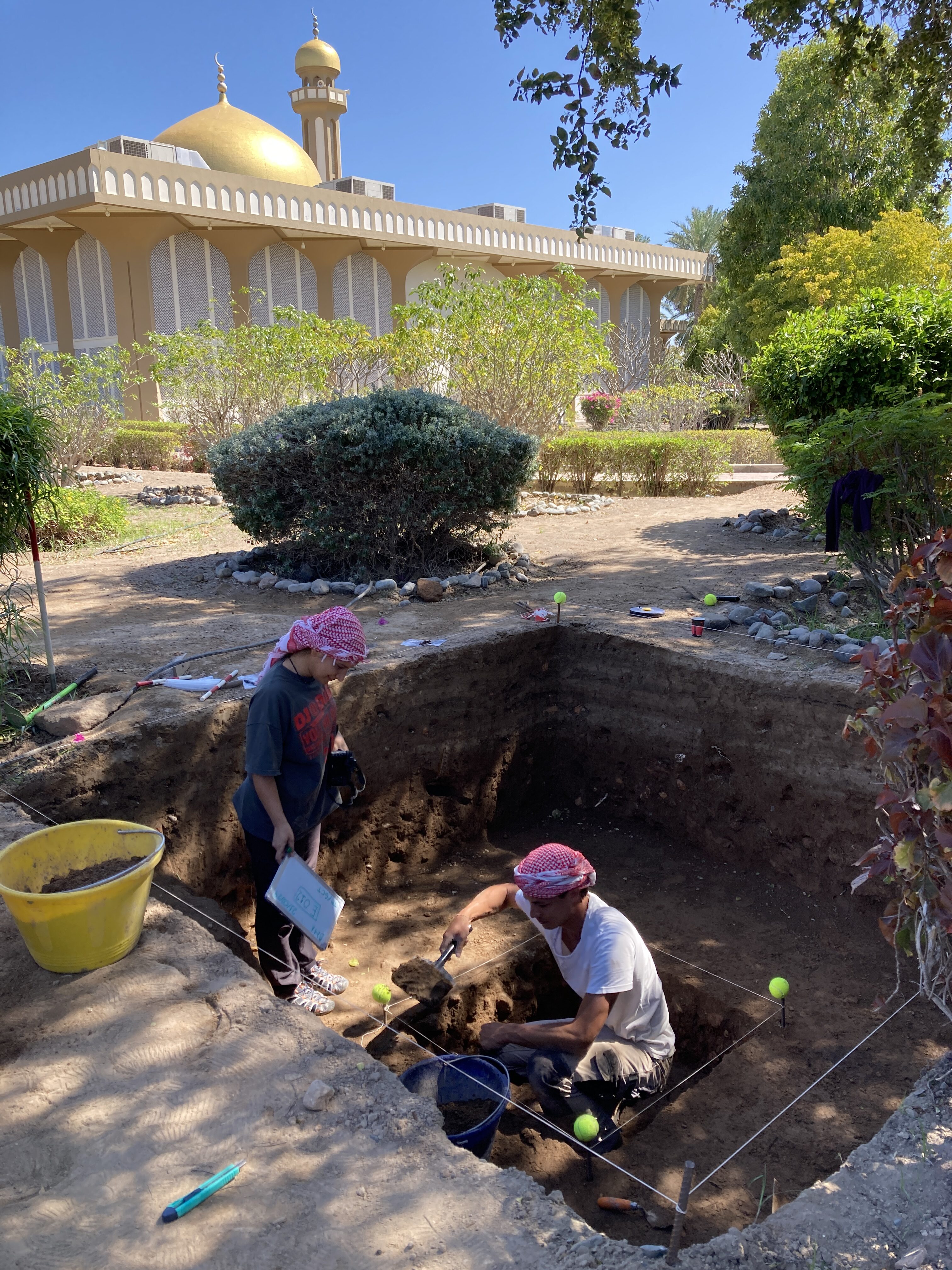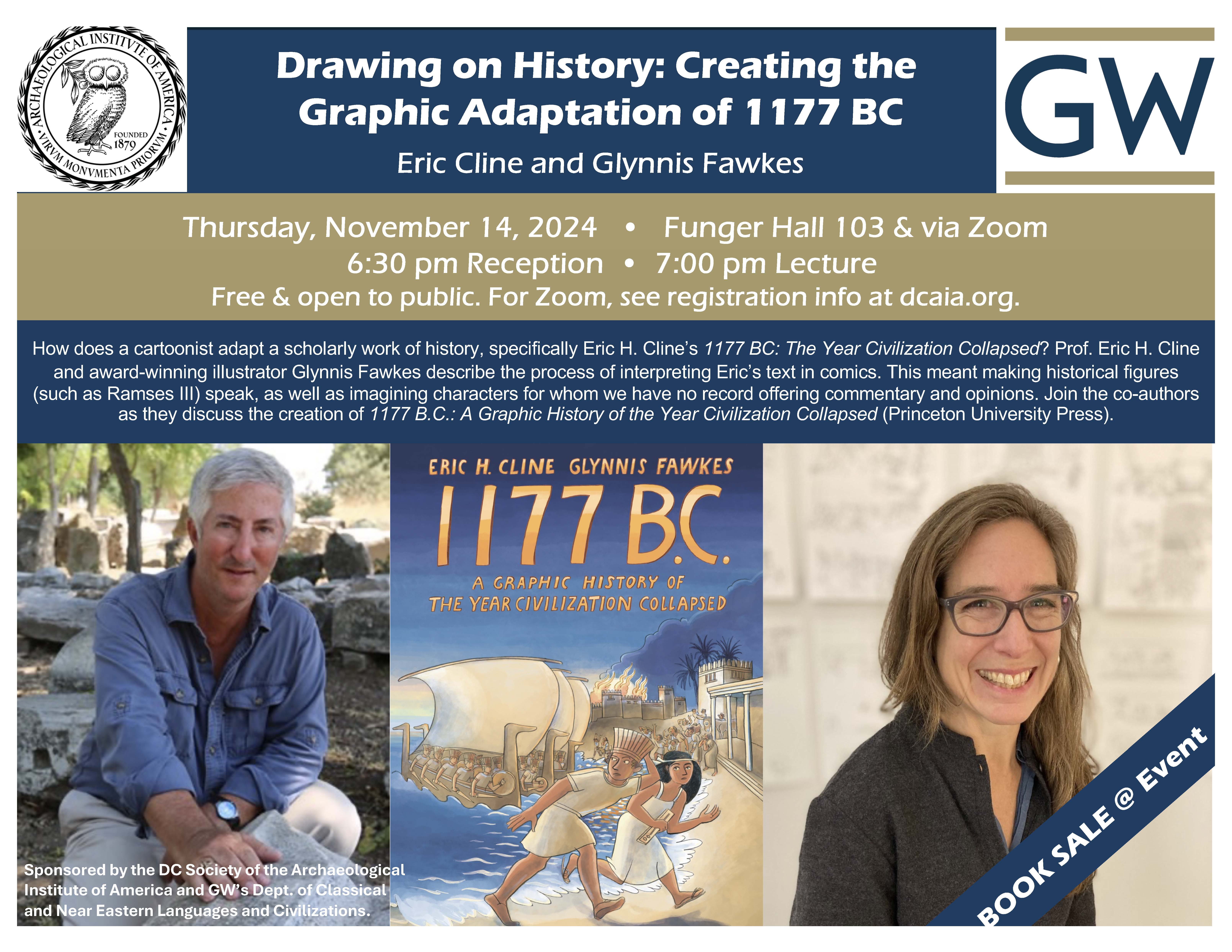Harry’s Bracelet: a Canadian battlefield archaeology case study
University of Ottawa Desmarais Bldg., DMS 1110 Laurier Avenue East 55, Ottawa, ON, CanadaA bracelet found in a slit trench in Normandy in 2014 led to the identification of Harry Edward Fox, a Canadian Gunner who fought during the Second World War and […]




